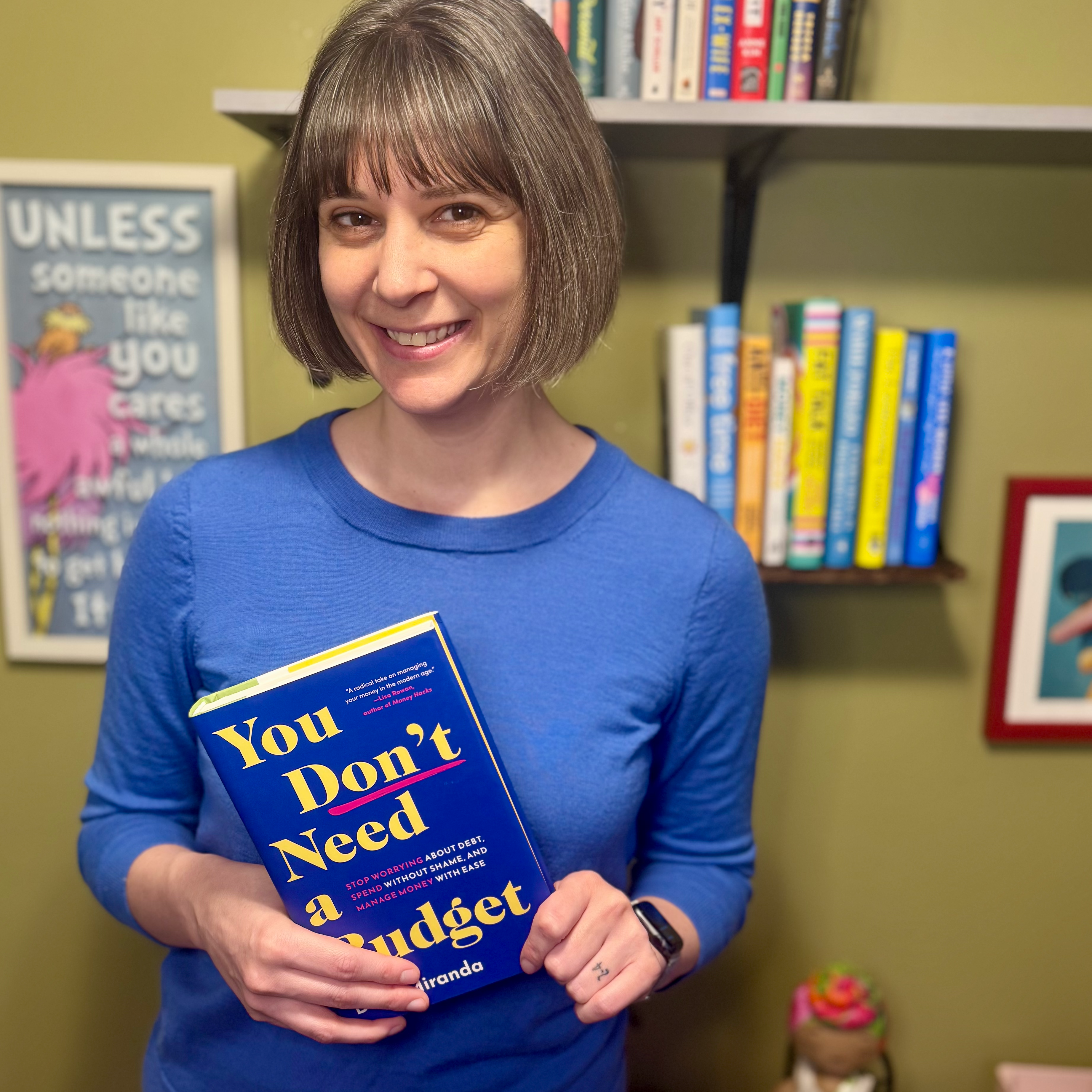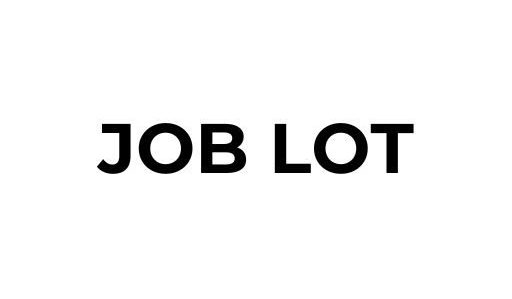- Bitcoin’s Price Patterns Mirror 2016 Growth Amid Macro Trends (10/01/2025)
- LA Gave More Money to Cops While Cutting Fire Budgets. Now It’s Burning.
- Local school districts weigh budgets with staffing needs | Local News
- Global Accounting & Budgeting Software Market Size, Share
- Arms-length agencies accuse Yukon Liberals of interfering with budgets
You might think that creating a budget is the best way to look after your finances — but one money expert says it is setting people up for failure.
Bạn đang xem: Does budgeting actually work? | The Independent
Dana Miranda, author of You Don’t Need a Budget: Stop Worrying about Debt, Spend without Shame, and Manage Money with Ease, compared budgeting to dieting, where the focus is overly on what needs to be cut, whether that’s spending or carbs.
“The research shows that budgeting looks a lot like dieting and that it’s not really effective for helping people meet their financial goals,” Miranda told The Independent. “It’s unsustainable because of how restrictive it is, and the stress of maintaining a budget and tracking your spending.”
Just because someone claims to be on a diet doesn’t automatically make them healthier, and the same principle applies to budgets — having a budget doesn’t guarantee that you’ll be spending less.
“There’s this restrict and splurge cycle, so they’ll restrict, but then spend under their budget, but then realize that they have a little bit extra to spend, so they’ll correct the following week and overspend and then go back and forth,” Miranda said.

Instead of using a budget, Miranda looked at what people were using to combat diet culture, particularly intuitive eating, the practice of listening to what their body wants, and applied it to budgeting. She specifically called this practice conscious spending.
Xem thêm : Budgeting 101: Writing a Financial Plan That Wins – fundsforNGOs
“The idea of conscious spending is listening to the wisdom of your body, listening to what you know about yourself and your life and the experience that you want to have, and using money to support that without being influenced by all the noise of budget culture,” the author said.
Miranda said someone like me, a young professional who has transitioned into budgeting to make sure I always have enough money to cover my rent and other monthly expenses, was the ideal person to be reading her book.
In high school, my personal finance course largely featured videos made by radio show host Dave Ramsey, whose method largely revolved around trying to avoid the “debt snowball” that can occur with credit cards.
I recalled him telling me to never get a credit card, and I would argue with my parents about what I would do when applying for an apartment or mortgage without a credit score.
Now at the very beginning of my full-time career (and with a credit card), I am being bombarded with influencers trying to tell me what I should be doing with my money whether that’s opening a Roth IRA or creating an elaborate budget spreadsheet in Excel. Miranda offers some clear guidelines on how to take control of your money when you’re feeling overwhelmed.
Establishing your money goals

Adapting to a financial method where you have to tune out all outside information and only listening to what “your gut” tells you is not a change that can be made overnight, notes Miranda, but that the best place to start would be to make what she calls a money map.
That’s her term for listing your financial goals and figuring out what’s most important to you, whether it’s building wealth or getting out of debt.
Xem thêm : Call of Duty Reveals Massive Development Budgets
“List the resources you have access to, the financial commitments you’ve made, the goals you want to reach and understand where you’re at financially so that you can understand when you make spending decisions how that’s going to affect other areas of your money map,” she said.
This includes taking the time to understand on your own how different financial products like a Roth IRA work. “I think, definitely ask that question rather than just assuming, well, ‘they say it’s gonna help me build wealth, and that’s what I’m supposed to be doing,’” Miranda said.
Making a money decision

When the time comes for a last-minute dinner invitation or an invite to a birthday party, really think about how it will affect your life overall.
“You’re not just thinking, does this fit with a set of rules that I created in my budget, you’re thinking about, ‘do I have this money available to spend? And if I don’t, where does it come from? How does it affect what I have to earn in the future? How does it affect the financial goals I’ve set? How does it affect my ability to pay my bills?’” Miranda said.
Mistakes don’t exist
Similar to diet culture, people will normally make the claim that by eating something unhealthy or off of the plan they “slipped up.” This can happen with budgets too.
However, with Miranda’s conscious spending plan, “slip-ups” can’t happen because you can only do what you think is right.
“If you’re spending consciously, you can’t see your spending decisions, or sort of more broadly, your financial decisions, as ‘right or wrong’ or as ‘mistakes,’” she said. “It’s just sort of following your compass in the moment and knowing if this is what you need.”
Knowing that I’m learning and doing my best — not failing if I make one bad decision — will definitely be one way I’m adjusting my budget-free spending in the new year.
Nguồn: https://joblot.lol
Danh mục: News
